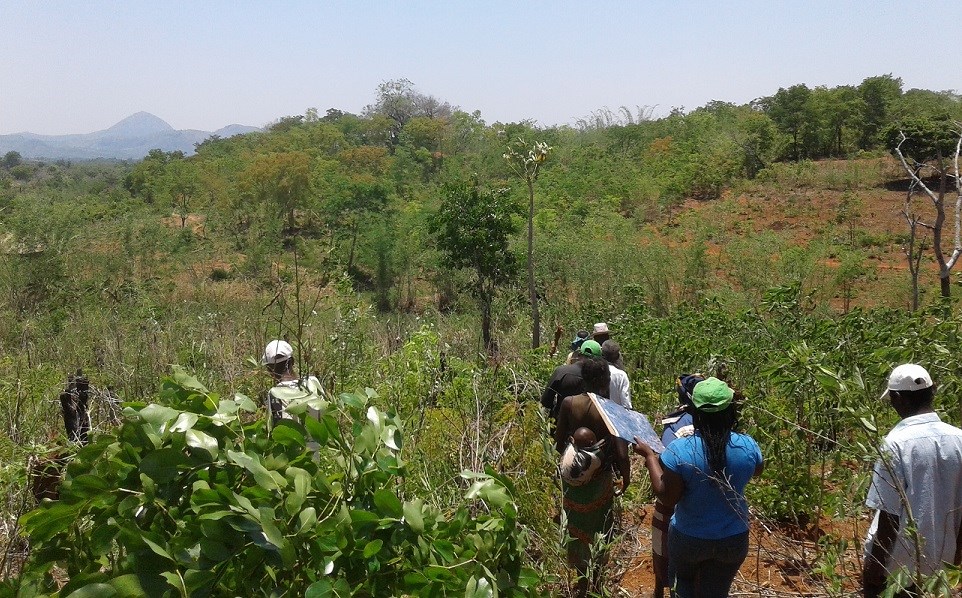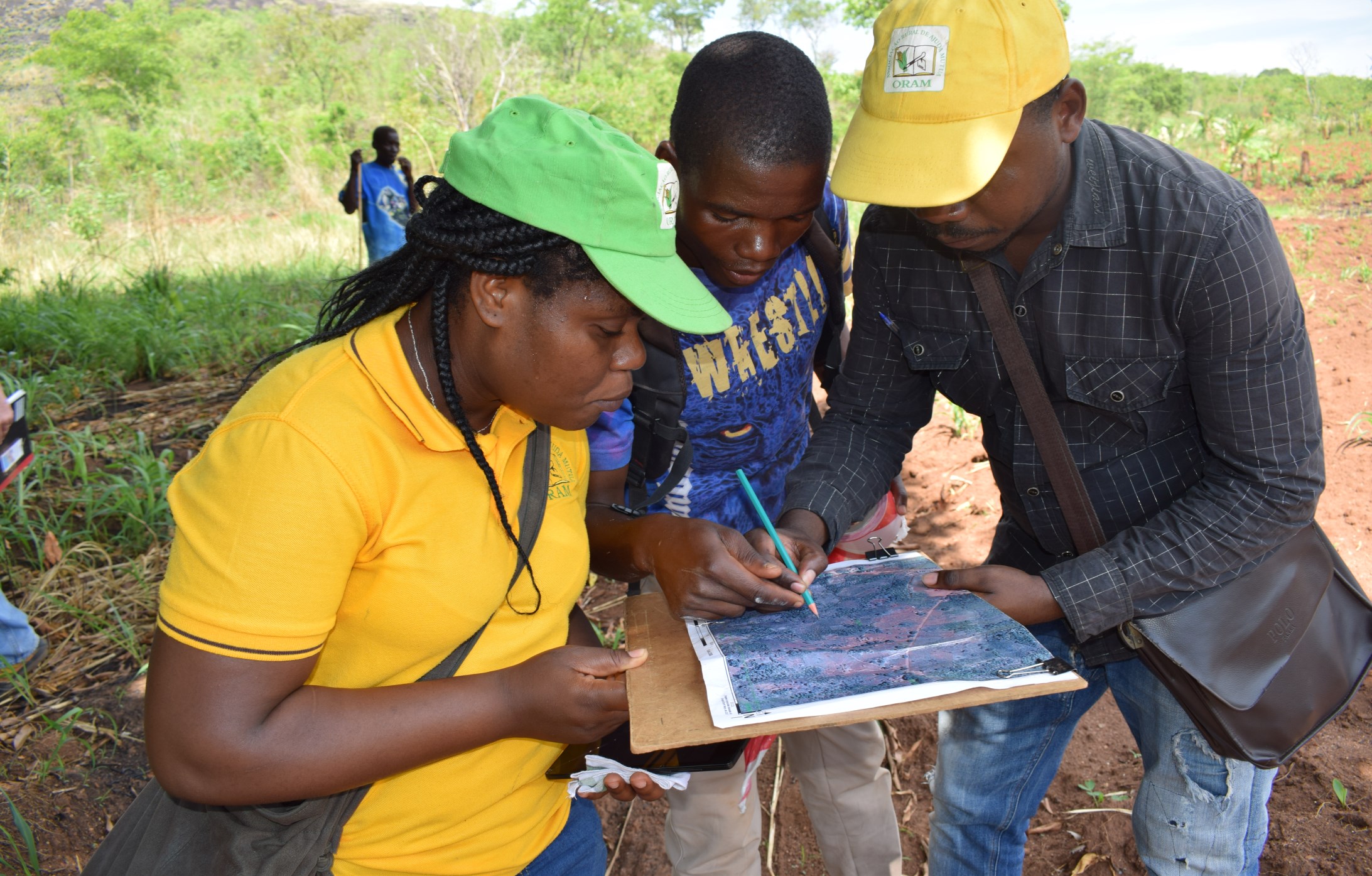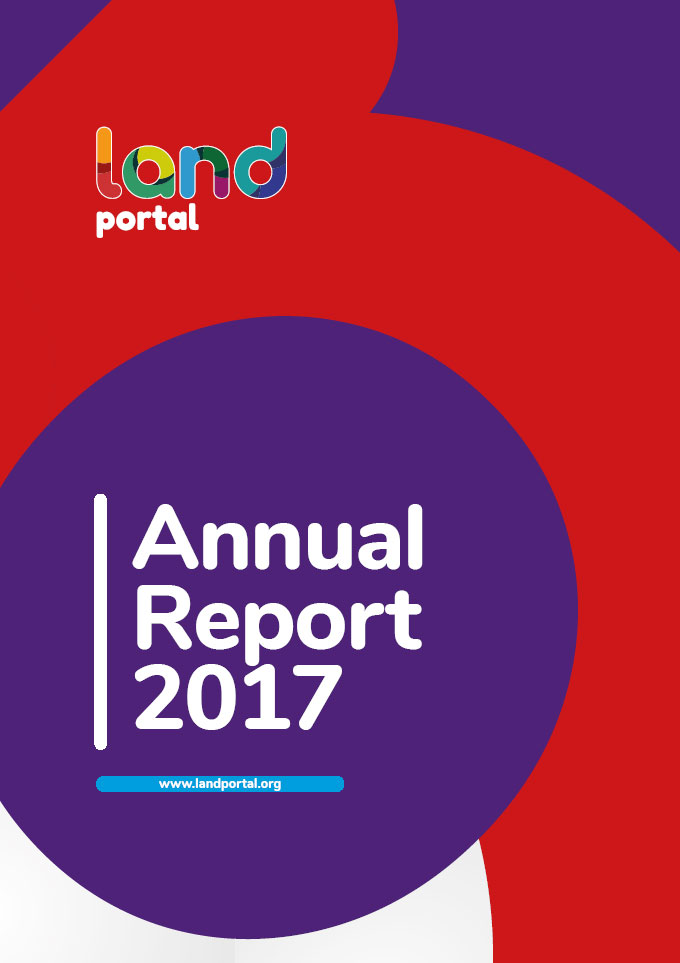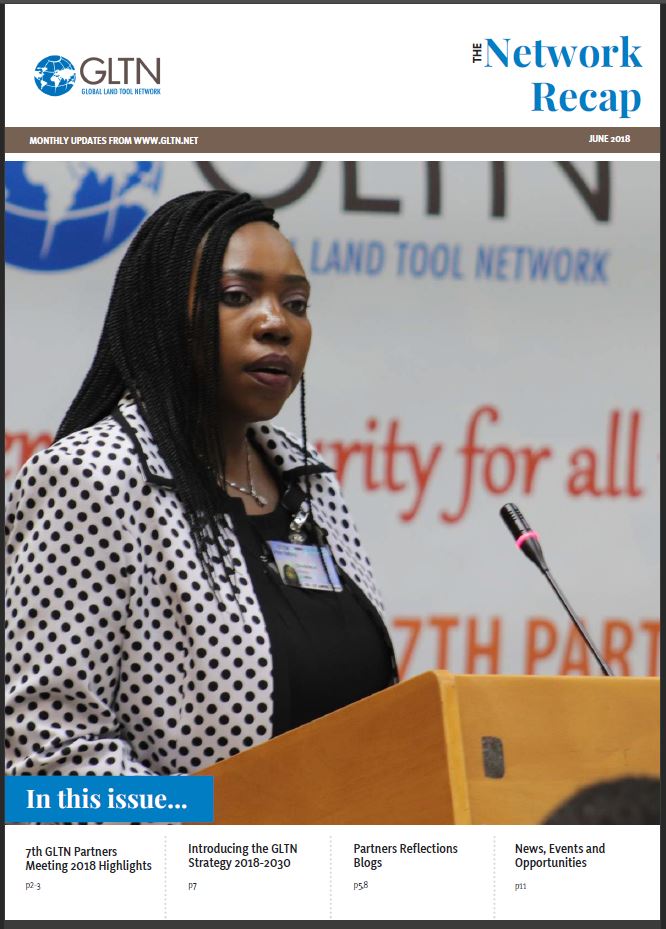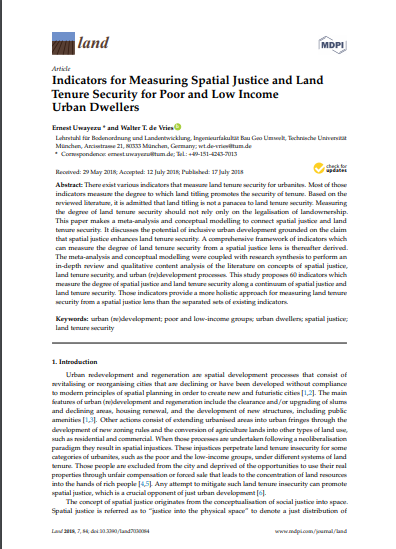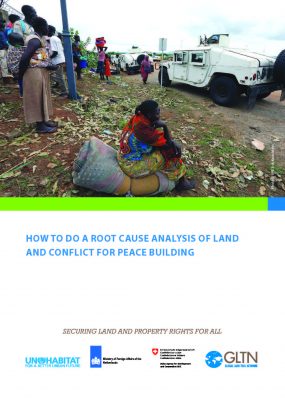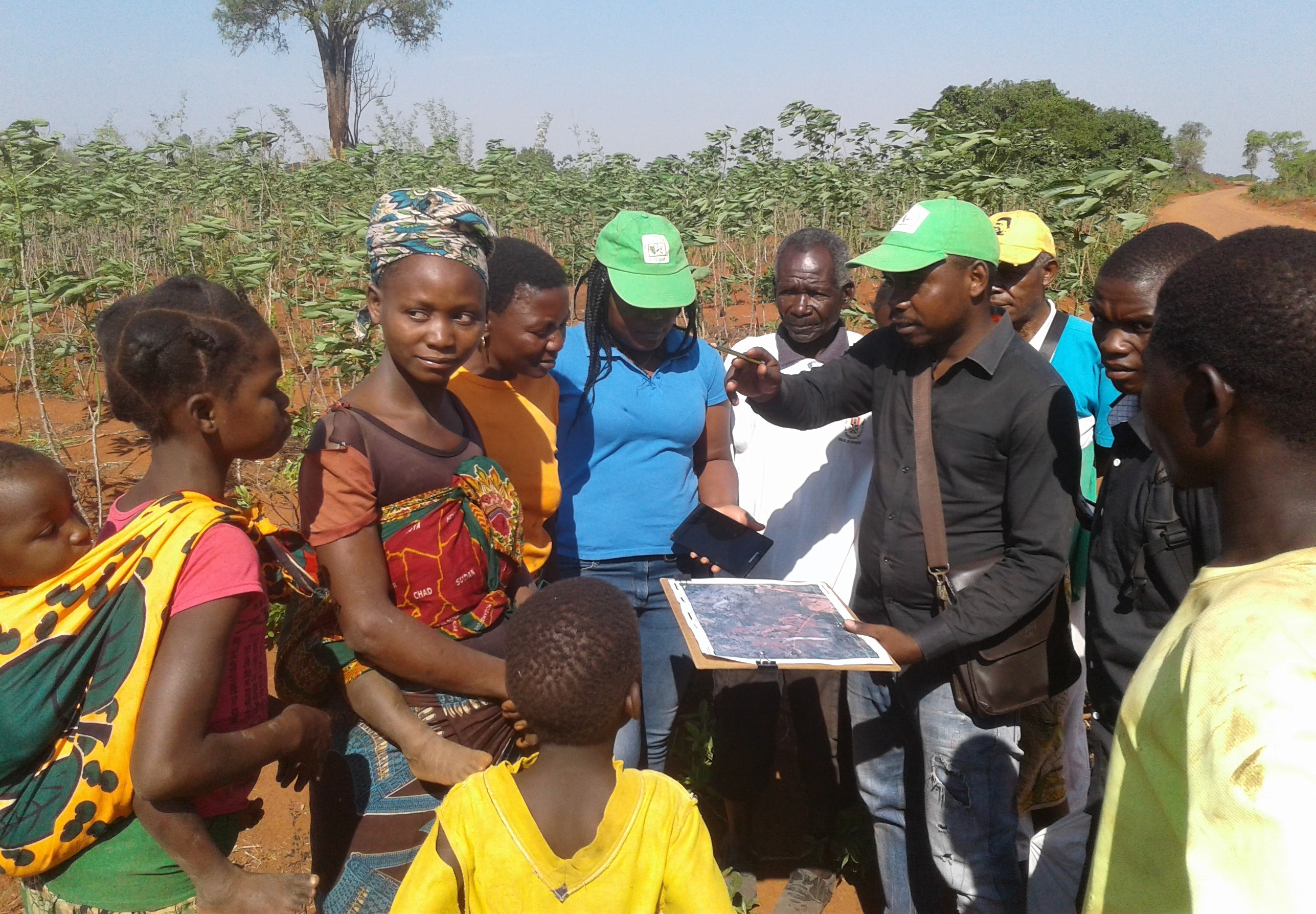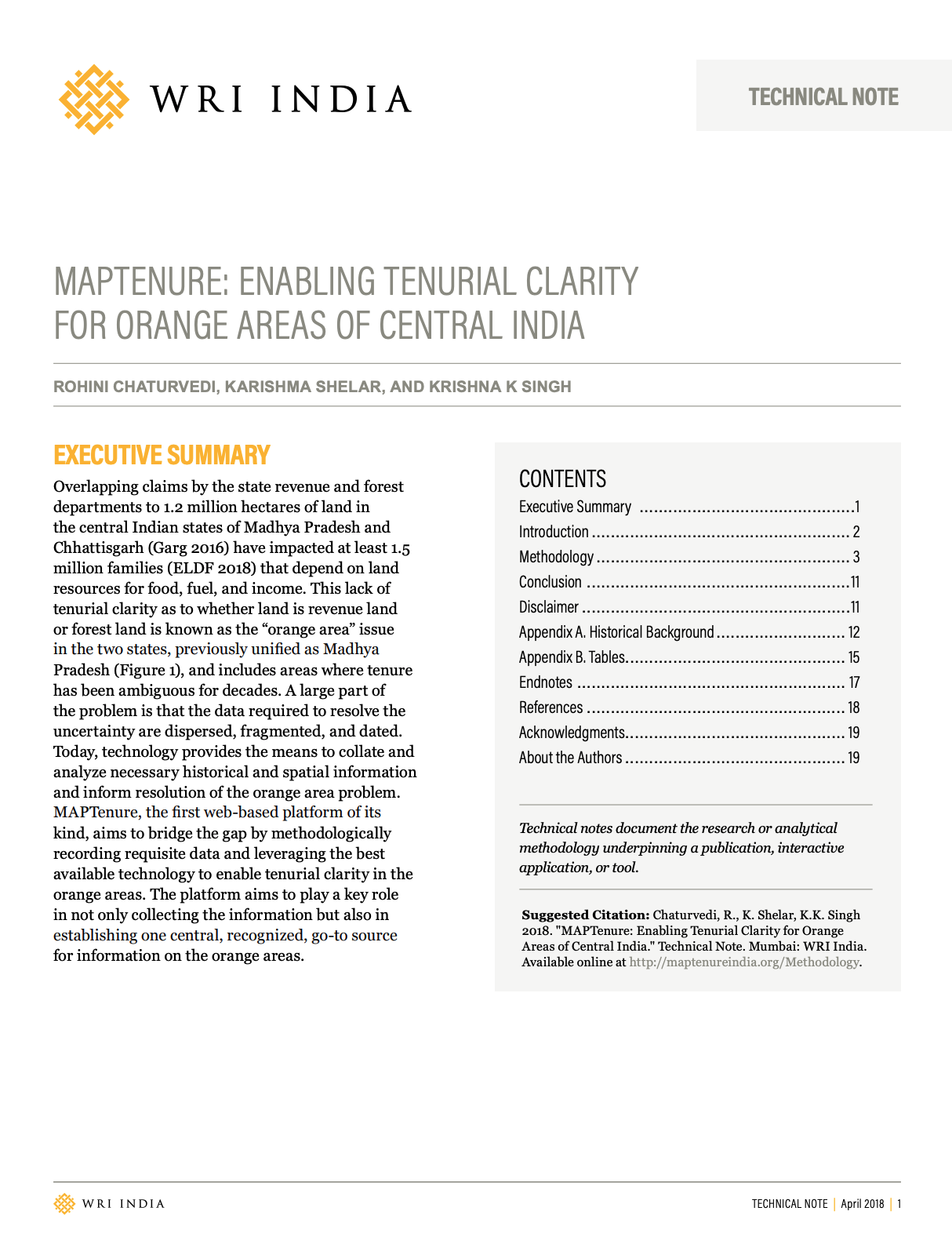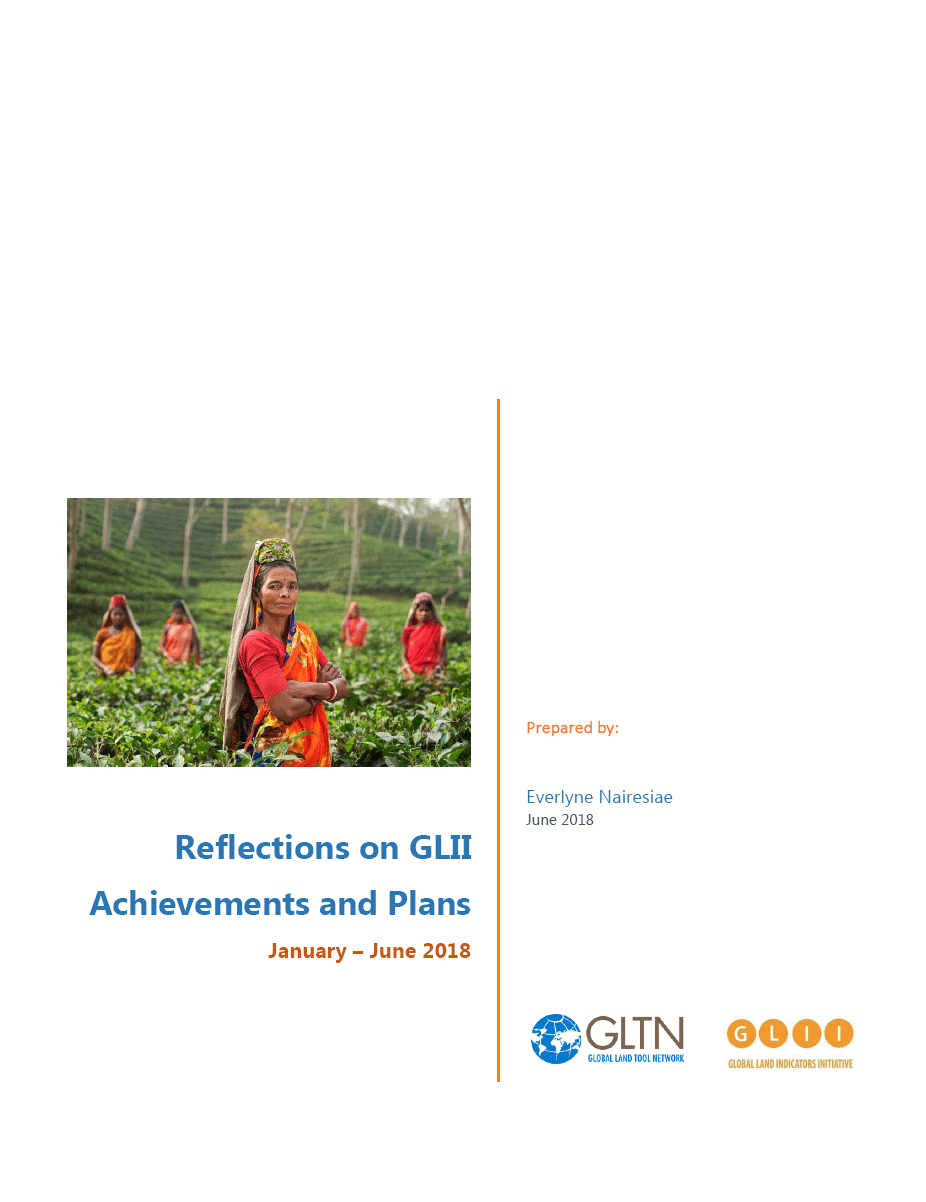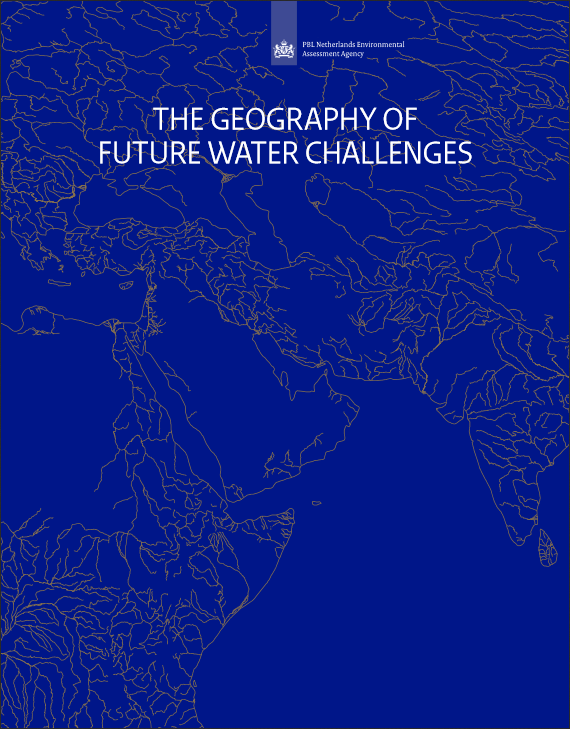Guião Técnico de CaVaTeCo 3 - Problemas Frequentes na Delimitação de Terra
Uma equipe de campo que delimita as parcelas familiares da abordagem da Cadeia de Valor de Terra Comunitária (CaVaTeCo) inclui 2 ou 3 pessoas, trabalhando com membros da comunidade. A equipe deve ser capaz de implementar tarefas chaves, como:
• Gestão: Mantenha a comunicação entre a equipe, o dono da terra e as testemunhas da comunidade (como proprietários de parcelas vizinhas e líderes locais), garantindo que todos concordem com os limites;

